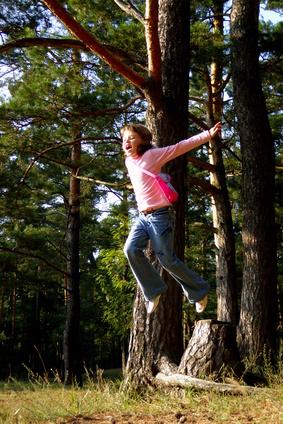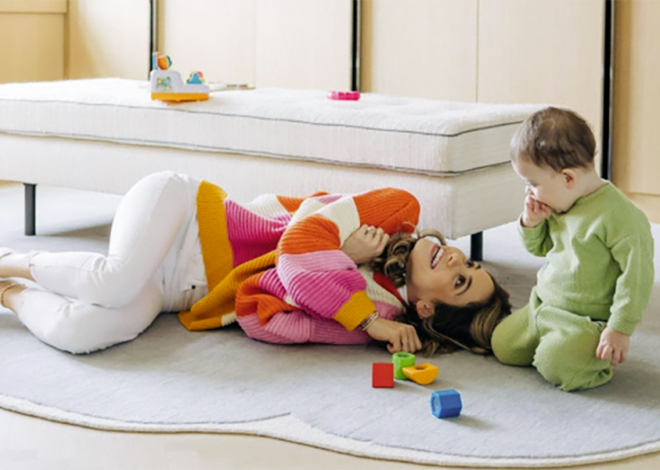It's normal for children to play and run around, occasionally daydream in school, fidget at dinner on some nights and act without thinking at times. However, when hyperactivity, inattention and impulsivity seem to be the norm for your child, she may have ADHD.
It's normal for children to play and run around, occasionally daydream in school, fidget at dinner on some nights and act without thinking at times. However, when hyperactivity, inattention and impulsivity seem to be the norm for your child, she may have ADHD.
Symptoms
Children need to show six specific symptoms on a regular basis for more than six months in more than two settings to receive a diagnosis of ADHD, according to WebMD. Symptoms to watch for are a child who is constantly in motion, a particularly squirmy and fidgety child, a child who doesn't listen, cannot play quietly, talks excessively, interrupts others, is easily distracted and doesn't finish tasks. No single test exists for ADHD. Typically, children need to between 6- and 12-years-old for a diagnosis.
Hyperactivity
Kids should be active and moving. The difference with children who have ADHD with hyperactive symptoms is that they are always moving. If they need to sit still, then they may tap their feet or shake their legs.
Inattention
Children with ADHD can pay attention to things that they find interesting and enjoy. But when they get bored, they stop paying attention. This results in them bouncing from task to task and not completing any of them. They have trouble concentrating in school and organizing their schoolwork.
Impulsivity
Impulsive children have no self-control. They do not censor themselves. They interrupt, invade people's space, blurt out irrelevant comments or questions in class and ask inappropriate questions to others. Other children may think this behavior is disrespectful and strange, according to the Help Guide website.
Parenting Strategies
Certain parenting strategies can help a child with ADHD. For example, children with ADHD need extra guidance to learn how to think ahead. You should show your ADHD child how to organize, complete tasks and control his impulses. You need to provide consistency, clear communication, structure and rewards and consequences for children with ADHD. Children with ADHD need a routine, a simple schedule and a quiet place of their own. It helps to give them support, love and encouragement, too. Gradually, your child will acquire the positive skills you teach him, according to the Help Guide website.
Treatment
Work with your doctor to treat your child's symptoms. You may want to get your child into therapy, modify your parenting methods, offer a healthy diet and make sure that your child gets enough exercise. Your doctor may prescribe medication, but that should not be the only treatment your child receives, according to the Help Guide website.
Photo Credit
- active child image by Sergej Razvodovskij from Fotolia.com





